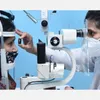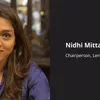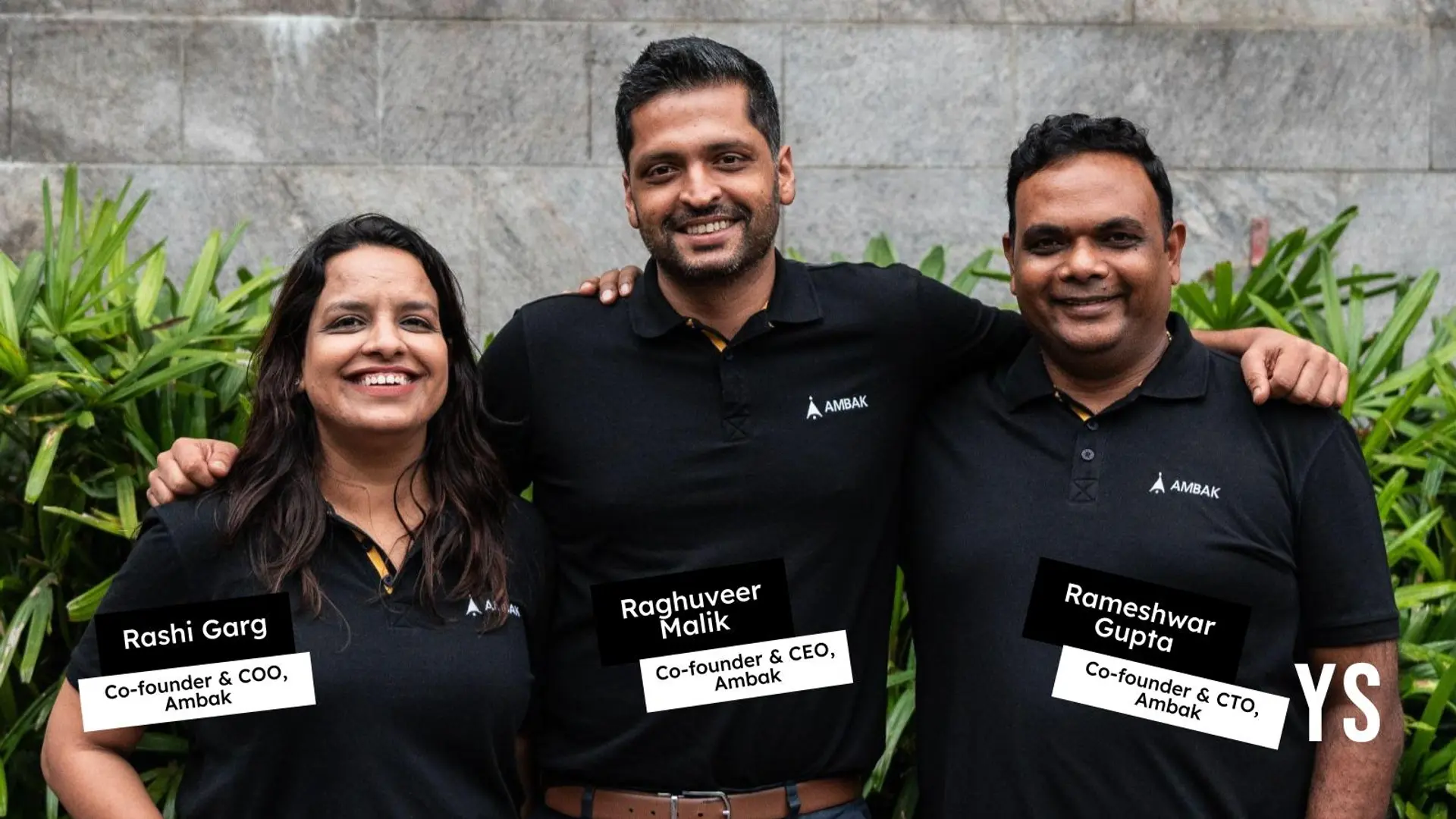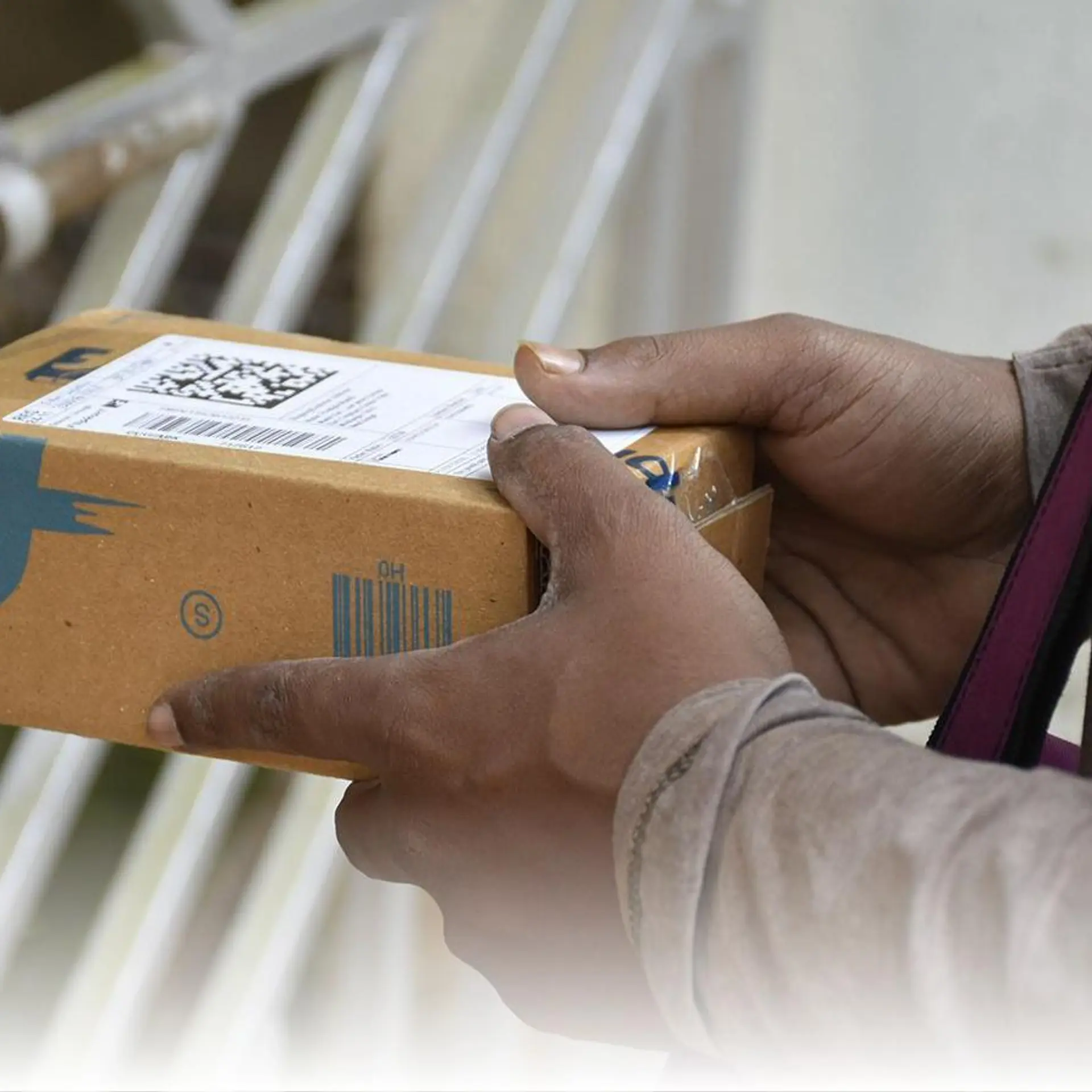5 social enterprises helping India see better
Organisations across India are working at different levels to make eye care accessible to the public, especially the rural population.
The World Health Organisation (WHO) estimates that 285 million people worldwide are blind or visually impaired. In fact, 79 million Indians are affected by visual impairment, and over 137 million have near vision loss.
Further, in many parts of India, awareness of vision correction and access to eye care centres is low. Today many NGOs and not-for-profit organisations are working towards making primary and quality eye care accessible to the masses.
SocialStory has combined a list of a few such organisations.
Dr Shroff Charity Eye Hospital
Established in 1922, Dr Shroff Charity Eye Hospital (SCEH) is one of the oldest and largest eye care institutes in India and globally. Besides providing comprehensive eye care, the institute is known for its community-led work, essential research and publications, and education and training for the healthcare fraternity.
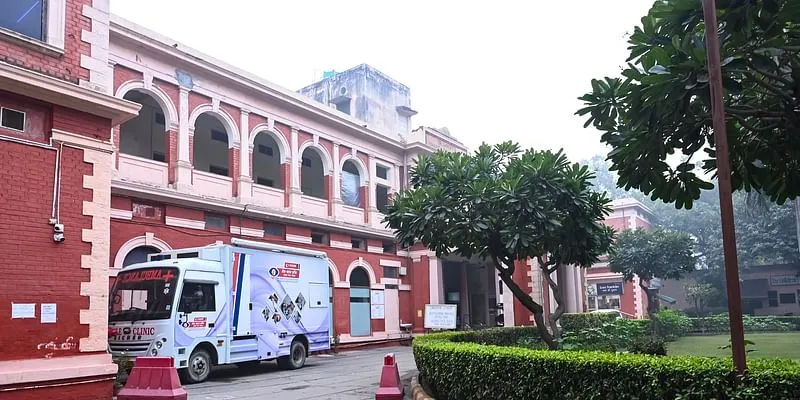
Dr Shroff Charity Eye Hospital, Delhi
Through its trained physicians, SCEH offers advanced and comprehensive eye care services to patients residing in Delhi, Uttar Pradesh, Uttarakhand, and Rajasthan.
The not-for-profit organisation works on a cross-subsidy model—about 50 percent of SCEH’s surgical work is highly subsidised for the patients. The model allows patients to pay for the procedure if they can afford it.
Orbis International
Primary and quality eye care is a necessity, and to make it accessible, Orbis International, a non-profit non-governmental organisation, started its operations in India with its flagship Flying Eye Hospital.
Orbis International was founded in 1982 in the United States. After running multiple Flying Eye Hospital programmes in Hyderabad and New Delhi, Orbis India established an office in New Delhi in 2000.
Orbis India launched India Childhood Blindness Initiative (ICBI) flagship programme in 2002. Its aims to ensure that India’s children across geographies have access to quality eye care.
Lenskart Foundation
In 2020, Peyush Bansal, Founder and CEO of Lenskart, and his wife, Nidhi Mittal Bansal, started Lenskart Foundation. They realised the country’s primary eye care sector—which involves getting eyes tested and wearing corrective lenses if required—needs a lot of work.
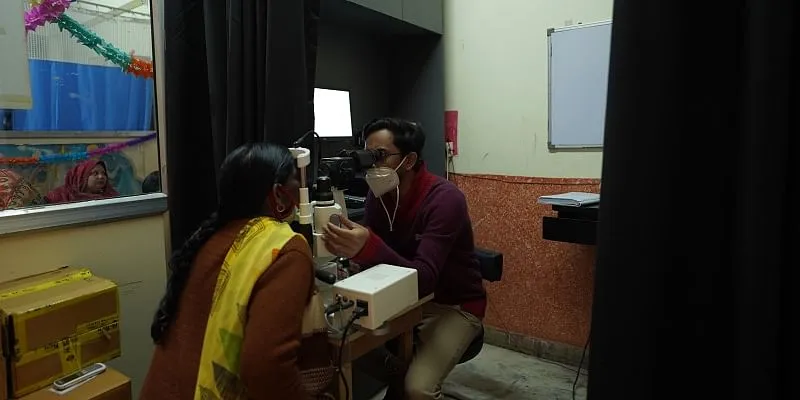
The foundation has a simple goal—to provide access to eye care facilities, free and comprehensive eye examination, and free the country of refractive error-based blindness. It aims to prevent and control avoidable blindness among the underprivileged population.
The foundation has prioritised treating those with visual impairment by opening eye care centres across India as it believes that low vision has an adverse impact on the education and development, particularly for youngsters.
VisionSpring
The enterprise’s goal is to solve the issue of uncorrected blurry vision in a generation to create not only a ‘clear vision India’ but a ‘clear vision world’.
Today, the organisation has a presence in about 23 states in India, with concentrated efforts in states with lower human development indicators, including Assam, Rajasthan, Odisha, Bihar, Madhya Pradesh, and Uttar Pradesh.
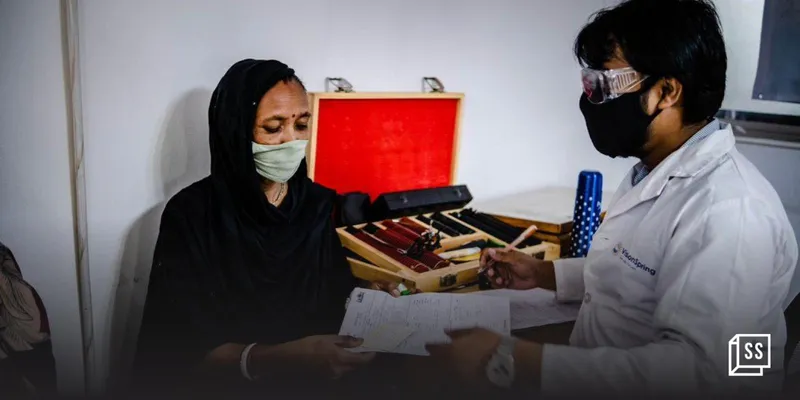
Additionally, it also offers its service in Bangladesh, Vietnam, Ghana, Kenya, Nigeria, Uganda, and Zambia, and has partners dispensing its eyeglasses to lower-income wearers in more than 15 other countries.
Additionally, VisionSpring also provides bulk quantities of eyeglasses, along with training, marketing, and other support to a network of mission-aligned hospitals, eye care centres, NGOs, and government partners.
Susrut Eye Foundation and Research Centre
Drs Sunil Chandra Bagchi and Ratish Chandra Paul conducted research in 1998. Paul established the Susrut Eye Foundation & Research Center with the mission of eradicating blindness. They understood the need for a group, an organisation, to tackle the insurmountable problem of blindness in our nation.
Today, the non-profit organisation is working to treat ophthalmic conditions in people of all ages. Susrut operates specialised facilities to treat all eye problems under various subspecialties.
It further hosts a free eye check-up camp for adults in the neighbourhood (both urban and rural) in order to detect cataracts or other eye-related issues.
Edited by Affirunisa Kankudti


